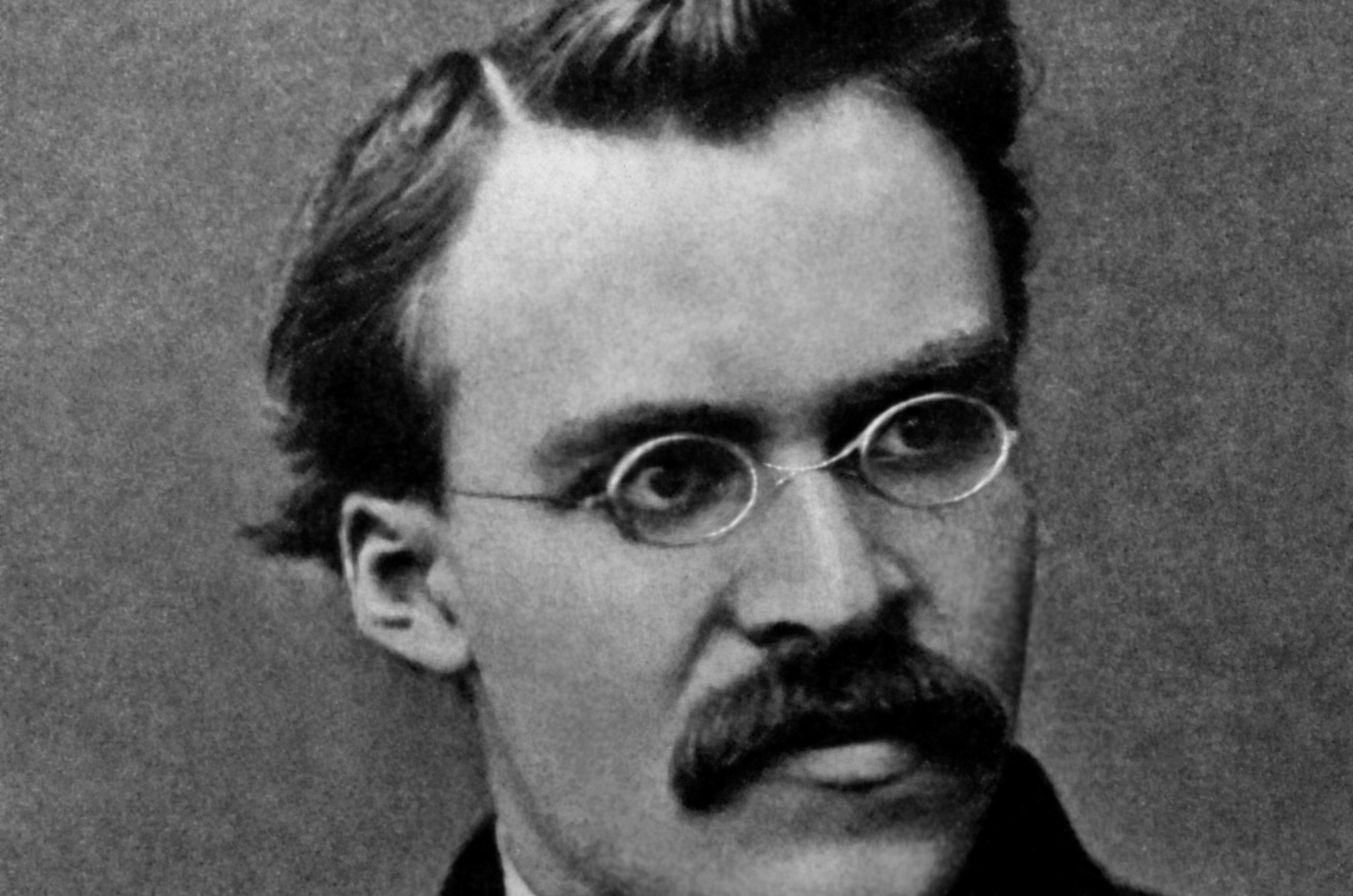Nietzsche’s Voice, Back From the Dead
Sometimes technology completely flipping freaks me out. Like full case of the heebs and everything. The interview I did with Heather Dewey-Hagborg was definitely one of those times. But this time I actually thought it would have been awesome. When I read the title of the article, “DNA-based prediction of Nietzsche’s voice” I thought, no freaking way – that is the coolest thing I’ve ever heard.
I’ve always been curious what the man’s voice sounded like. I mean, it would be just like time traveling back a hundred years and having him come to life and read his own works! How fantastic is that? I’ve been a huge, huge, huge fan of Nietzsche since college. (Wait, Christians can’t like Nietzsche?! What are you thinking man?! Yeah, I don’t roll like your average Christian apparently.)
But then I went to hit play on the synthesized voice and couldn’t get myself to do it without some mental jumping jacks. I mean, think about it, what would it be like to finally hear the voice of your great grandfather? Or maybe of someone in your family that you’ve read their letters, over and over, and over again? Then to think that you have the opportunity to hear their voice after realizing that you already have a voice in your head that you’ve been hearing for years, though you hadn’t realized it.
So what was my response after finally hearing it? “What? He spoke in German?!” hahah. No, I thought that his would be much lower – not so tinny of a sound. I mean, how can one say the word übermensch with any authority at all with this kind of a high pitched voice?
If you are interested in learning more about how the scientists pulled it off you can read the journal article here. But basically the researchers wiped and swabbed hundreds and hundreds of books looking for valid samples that could be used. Ultimately they were able to get 8 successful samples that would be usable for their research. They then analyzed the DNA in order to redevelop computer models of over 200 characteristics that help craft a person’s voice. They then tested the aural pathways and audio signatures of Nietzsche’s virtual throat, and then they simulated the voice based on all of these details.
“Nietzsche’s voice simulation was tested against a control database of 4,287 voice recordings of living German individuals. Comparative tests based on 526 VoiceRator parameters were performed and uncloaked 28 minor bias discrepancies between the control voice recordings and Nietzsche’s voice simulation, resulting in a 94.68 percent level of accuracy consistent with previous results.”
Translation? This thing is wicked accurate… and probably a pretty darn good representation of what his voice sounded like.



